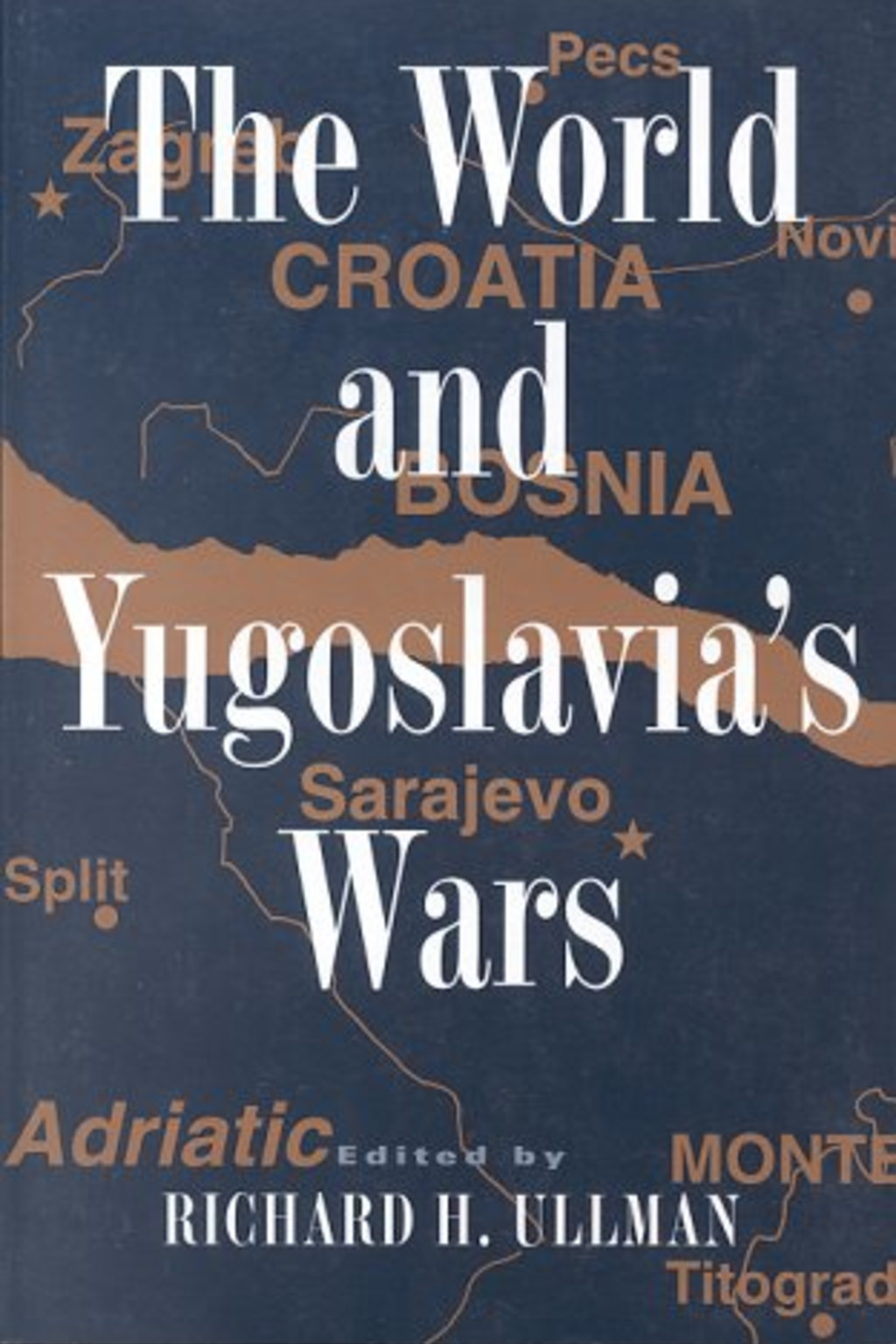The World and Yugoslavia’s Wars
By Richard H. Ullman

- Publisher
- Council on Foreign Relations Press
- Release Date
- January 1997
- ISBN
- 0876091915
What role did outside powers play in the dissolution of Yugoslavia and in the wars that wracked that once-stable country? Why did the victors in the Cold War and the 1991 Gulf War not act earlier to stop the slaughter? What might be the implications for other situations of communal conflict given the international community’s failure to take timely action when war enveloped Bosnia? What might be the implications of Yugoslavia’s wars for future peacekeeping and peacemaking by the United Nations and by NATO? And what can outside powers do to heal the real and imagined wounds of war?
A Council on Foreign Relations Book